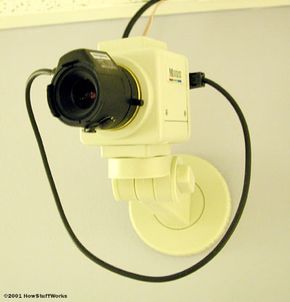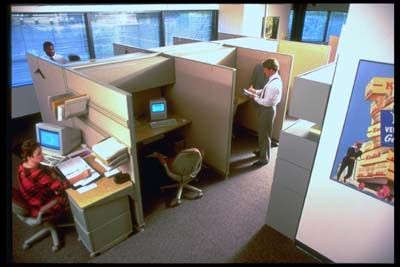Admit it -- you've used your computer at work to view non-work-related Web sites. Heck, if you are reading this article at work, you might already be guilty as charged. More than 70 percent of the adult online population has accessed the Internet at work for personal use at least once, according to a September 2000 eMarketer study. Employees are sending personal e-mails, playing games, viewing pornography, shopping, checking stock prices and gambling online during working hours.
Don't think these cyberslacking activities are going unnoticed. With a simple software application, your boss can be tapping into your computer and see what you're doing in real-time. Whether you are guilty of wasting company time or not, your computer might be under surveillance. You can be monitored without your knowledge -- employers are not required to notify you that you're being observed.
Advertisement
At the center of the debate surrounding workplace surveillance is the question of employee privacy rights. In this article, you'll learn about the various kinds of software that enable employers to monitor your computer activities. We will also discuss the legalities of this practice.



